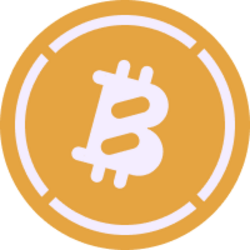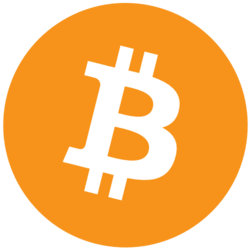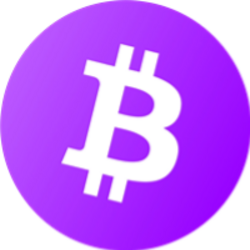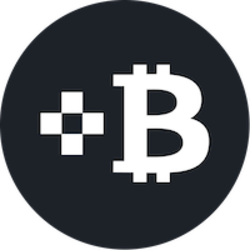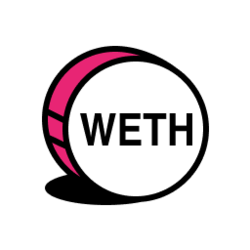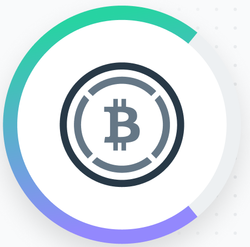Imagine this: you’re venturing into the fascinating world of cryptocurrency, eager to learn about investment opportunities and how to navigate this digital frontier. One day, you find yourself scrolling through your social media feed when a mysterious pop-up catches your eye about something called “decentralized identity.” You click it, and suddenly, you’re bombarded with complex jargon and information that leaves you feeling overwhelmed. Sound familiar? Don’t worry; you’re definitely not alone in this, and we’re here to break it all down for you in a friendly, relatable way.
So, what exactly is decentralized identity, and why should it pique your interest, especially as a curious, tech-savvy individual aged 18 to 35? Picture it this way: decentralized identity is like having your very own digital passport—only you hold the key. Instead of your personal information being locked away in one vulnerable spot, it’s managed securely across a variety of platforms. This is a big deal when it comes to online security and privacy, especially in today’s rapidly evolving digital landscape.
Now, let’s compare this to how traditional identity verification works. Generally, your sensitive information is stored on centralized servers. Think of it as a giant vault. If someone with bad intentions manages to crack that vault, all your personal data could be compromised. Unsettling, right? In contrast, decentralized identity spreads your data across a network, making it much harder for anyone to access it all at once. It’s about giving you—yes, you, the user—greater control over your identity online, particularly relevant for the vibrant communities in the U.S., India, Nigeria, and Brazil that are embracing crypto in exciting ways.
Let’s talk about some of the fantastic benefits that come with decentralized identity. First and foremost, we can’t ignore how much enhanced security matters. Unlike traditional identities that can be easily targeted by hackers, decentralized solutions use advanced cryptography to keep your information secure. Imagine having a high-tech lock that only you can unlock. If you’ve ever worried about your data being compromised, decentralized identity can help put your mind at ease.
Another awesome perk is the newfound control you get over your personal information. With decentralized systems, you get to decide what data you want to share and with whom. It’s like flipping the script—you’re no longer at the mercy of companies deciding how they use your information. Instead, you have the power to dictate who can access your data, providing a sense of privacy and freedom that many people find liberating.
And here’s where it gets really interesting: if you’re adventurous enough to explore digital wallets—tools that allow you to store and use cryptocurrencies—decentralized identity enhances that experience, too. These solutions are designed to be user-friendly, making it easier for those of us who are just starting out in the crypto space. Picture walking into a store with a digital wallet that recognizes you and automatically applies discounts at checkout. That’s the kind of seamless interaction decentralized identity aims to create in our online lives.
Of course, we can’t ignore the elephant in the room: identity theft. With the surge of online scams and data breaches, it’s perfectly natural to be cautious about sharing personal information online. Decentralized identity systems are more resilient against identity theft because they are inherently designed to make it difficult for someone to impersonate you or misuse your information. Plus, numerous success stories exist that showcase how these systems are protecting users and creating a safer online environment for everyone.
Now, you might be thinking, “Okay, this sounds great, but why should it matter to me as someone stepping into the world of crypto?” Well, as you start your investment journey, understanding decentralized identity could be a crucial part of safeguarding your online experience. With more and more people embracing this technology across regions like the U.S., India, Nigeria, and Brazil, being informed can empower YOU to participate confidently in the digital economy. Young innovators like you are already sharing their success stories of using decentralized identity to navigate online services confidently—so don’t let fear hold you back!
We get it—the tech language can seem intimidating. You’re probably wondering, “How on Earth do I jump into this without feeling lost?” The good news is there are plenty of beginner-friendly platforms that make exploring decentralized identity solutions easy and accessible. You don’t have to go at it alone; countless resources, including community forums, blogs, and social media groups, are out there to guide you every step of the way. Engaging with fellow explorers in these communities can help you find the support and knowledge you need.
As you gear up to learn more about decentralized identity, remember: there’s no rush. Explore at your own pace, take small steps, and engage with trusted resources. Most importantly, don’t hesitate to ask questions—curiosity is one of your best allies on this journey!
In a nutshell, decentralized identity solutions offer significant benefits, especially as you embark on your crypto adventure. They help safeguard your personal data, give you control over how that data is used, simplify your interactions within digital wallets, diminish the risk of identity theft, and create a level of trust in online transactions that is sorely needed today. With all these advantages, there’s no reason not to get familiar with decentralized identity as you navigate through this exciting digital economy.
So, what do you think? Are you ready to dive deeper into the world of decentralized identity? We’d love to hear your thoughts! If you found this information useful, consider following channels and platforms dedicated to ongoing education and updates in the crypto space. Together, we can thrive and embrace the future of finance in this new digital world!









































